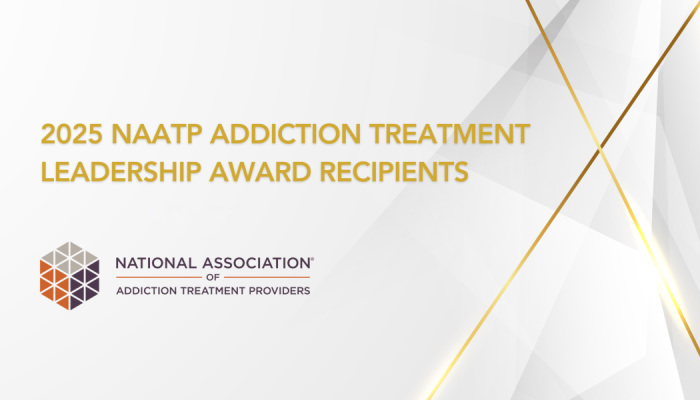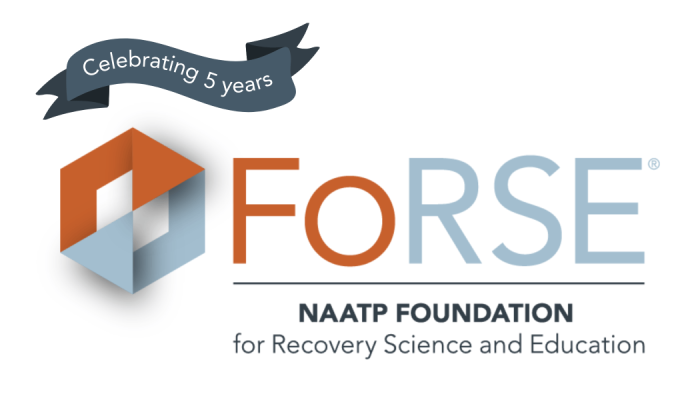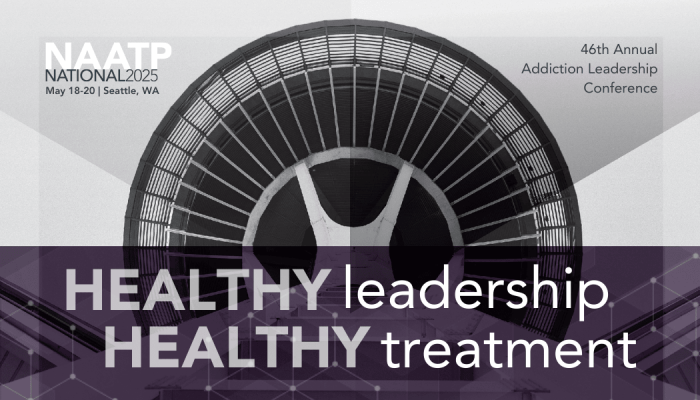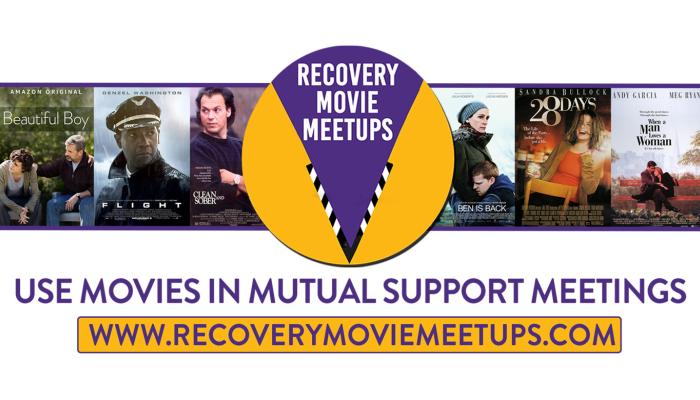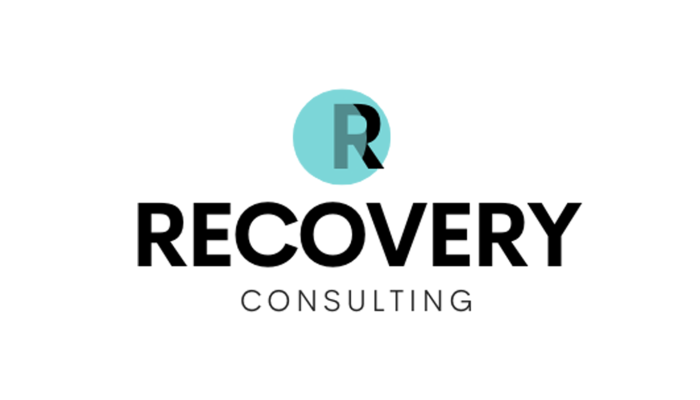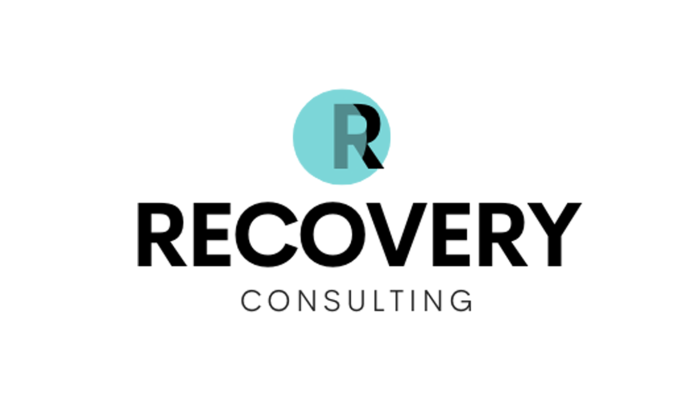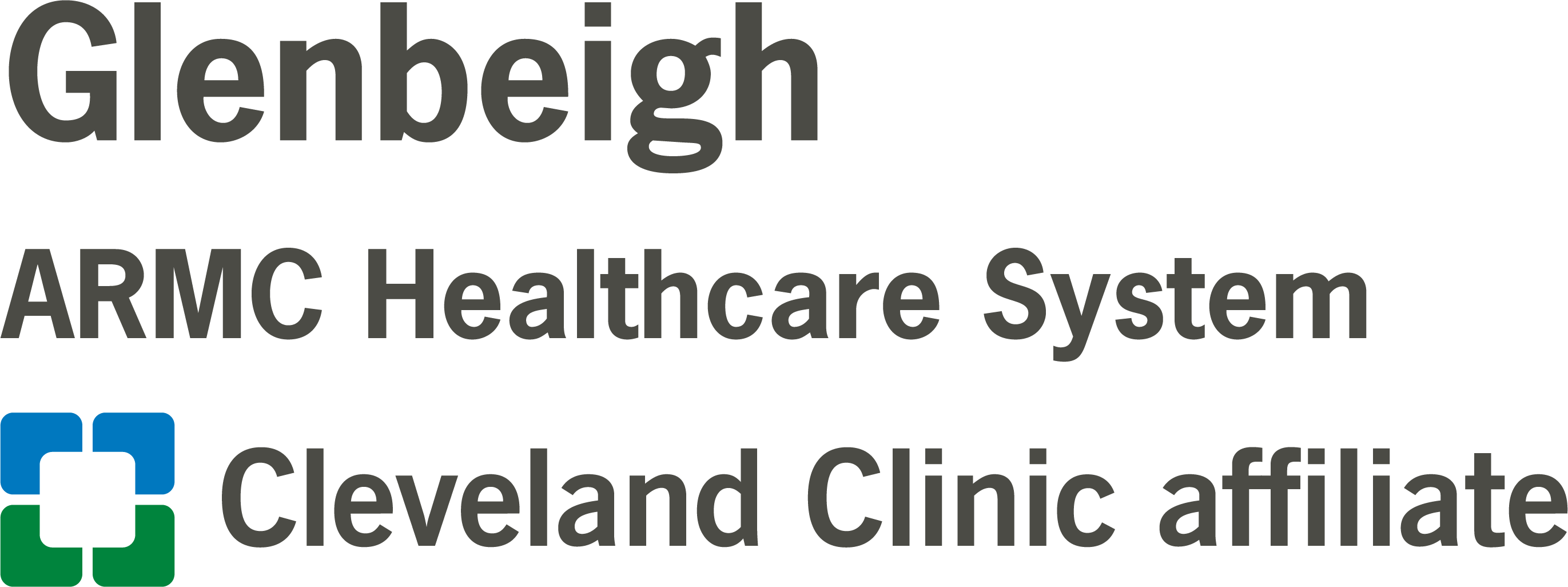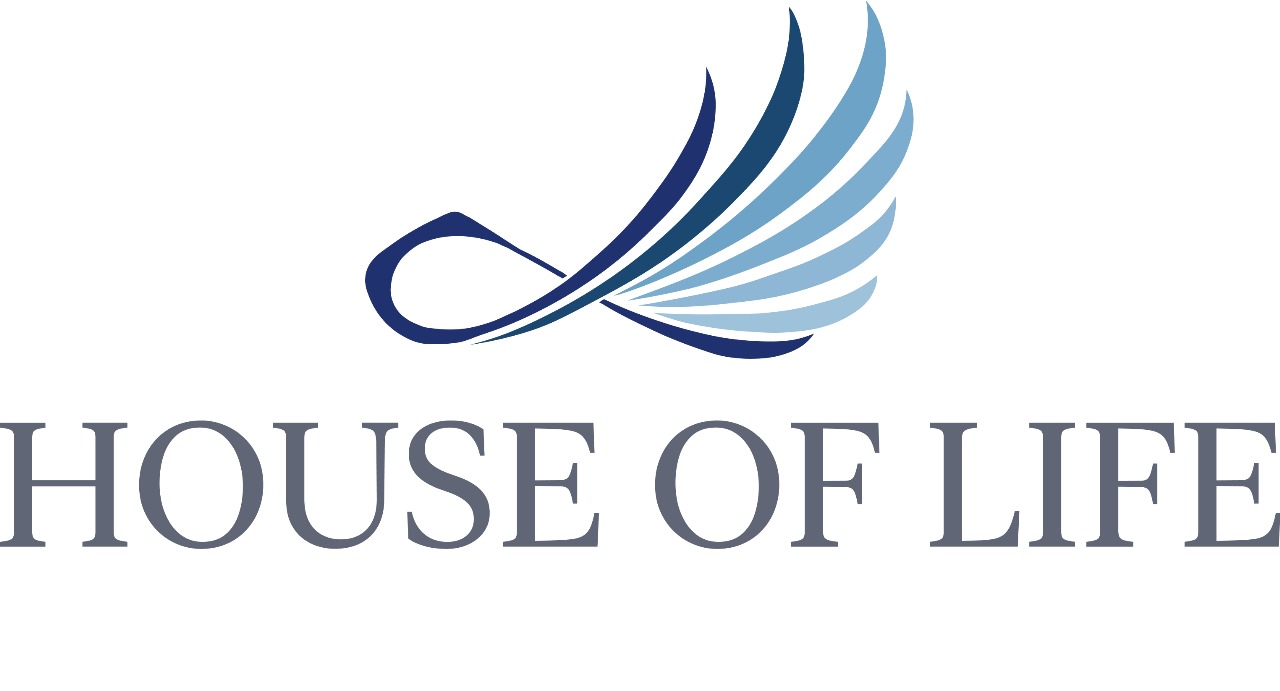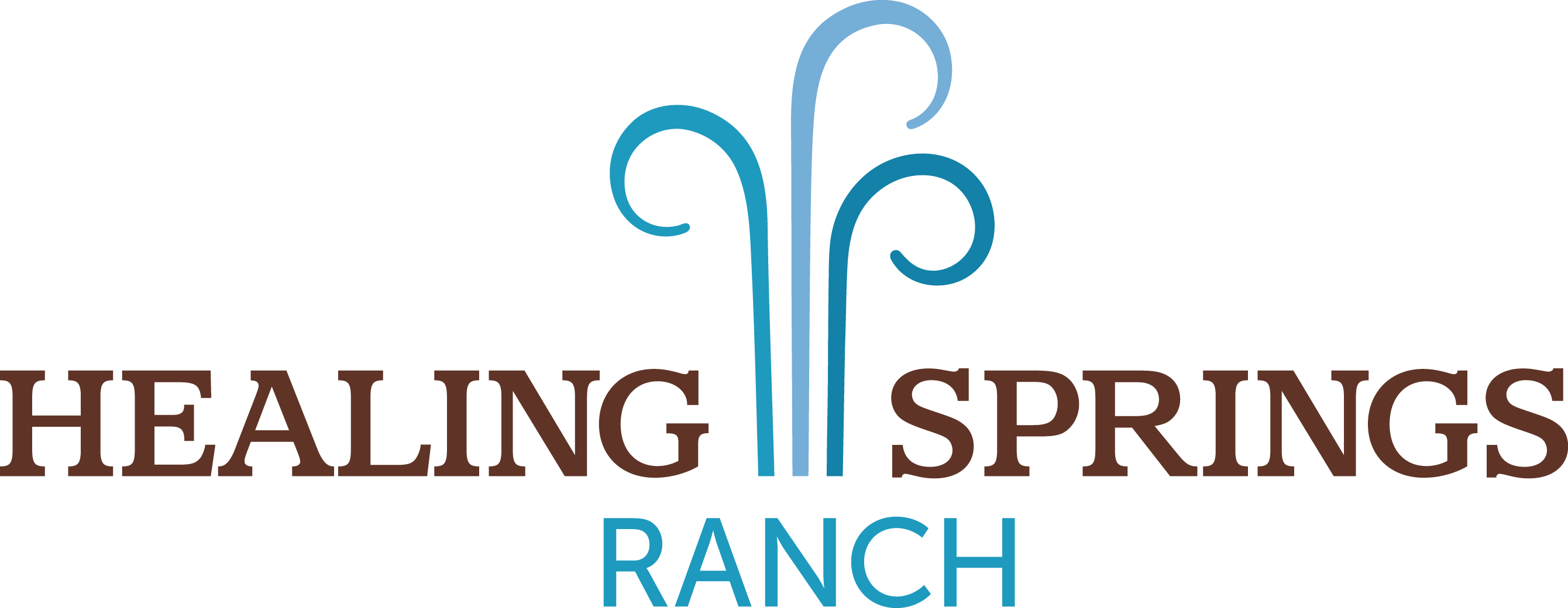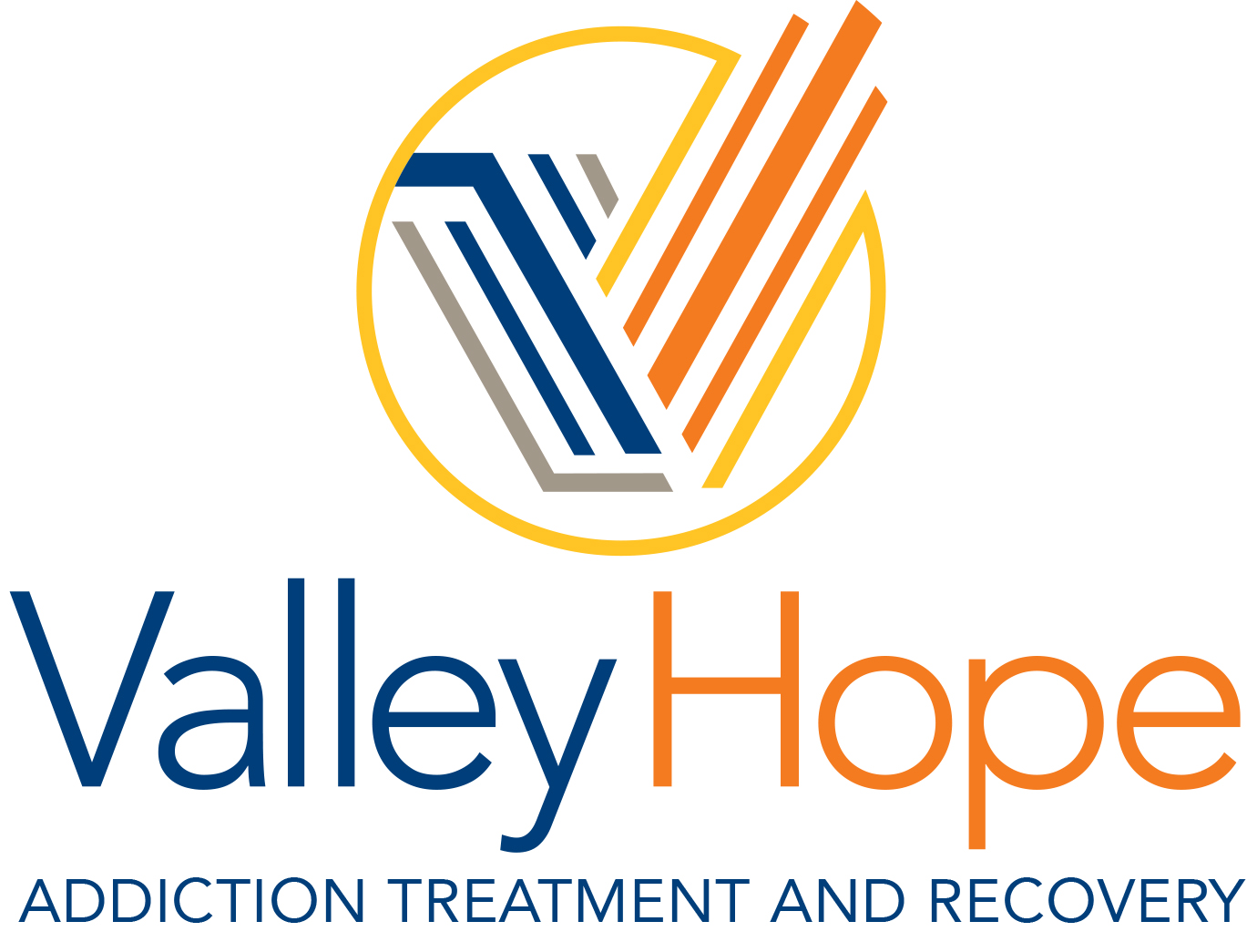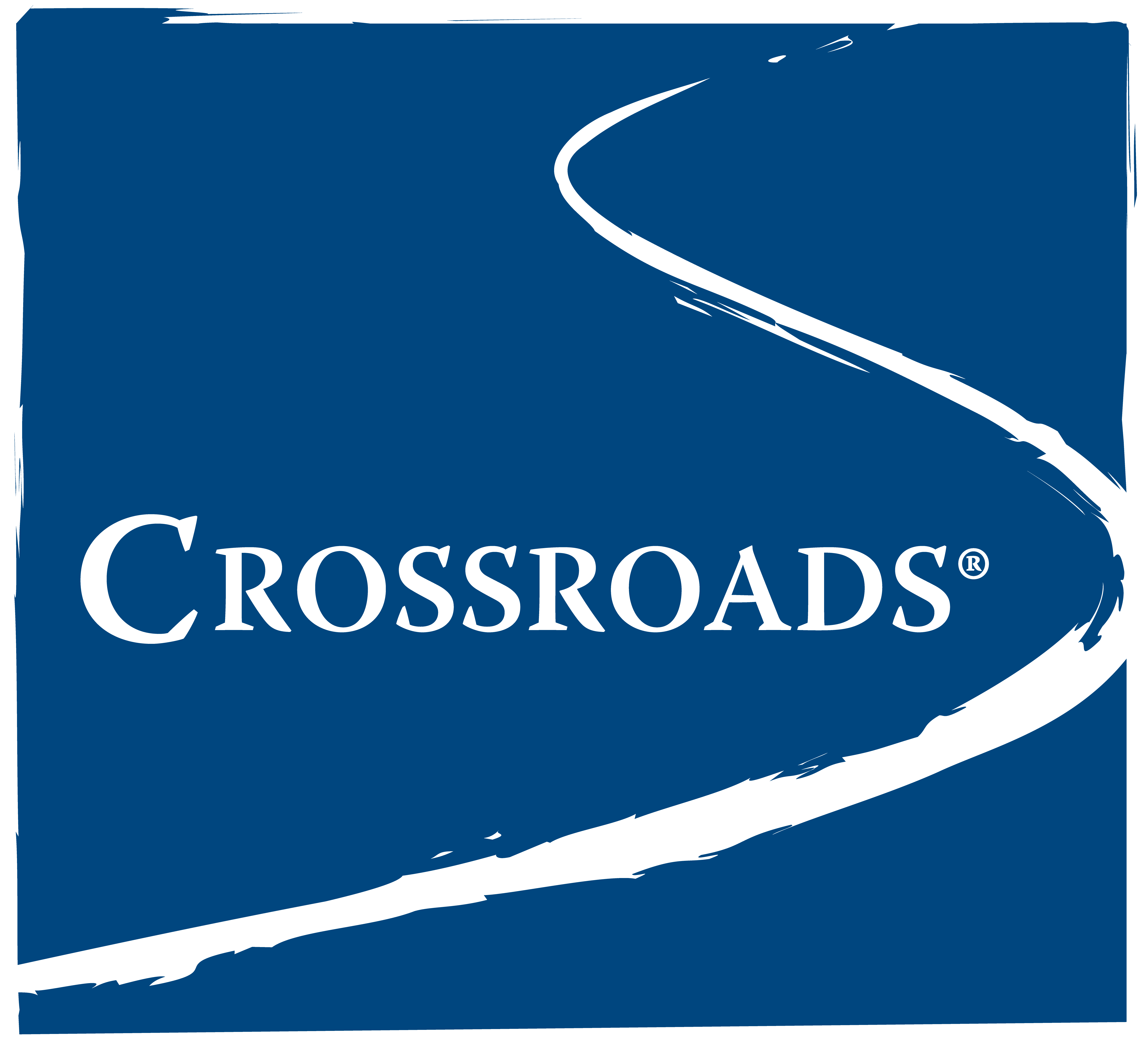Jun 7, 2020
The COVID-19 pandemic has caused sudden and unprecedented challenges to health, work, finances, relationships, and emotional well-being for many people. These stressors combined with social isolation have contributed to increased use of drugs and alcohol, which in turn can cause further problems, and further emotional and financial crisis.
When substance use becomes distressing or problematic, treatment may be needed and is available in many forms. Detoxification programs, residential treatment, outpatient treatment, and medication-assisted therapy are all professional health services that can help initiate recovery.
Many people see significant barriers to seeking help for drug and alcohol use. For example, there may be concerns about affording treatment, finding transportation to services or child care during services, and potential negative impact on one’s job or reputation.
Furthermore, due to social stigma, drug and alcohol treatment may not be viewed as a type of healthcare that consumers believe is valid, accessible, or affordable for them. All of these potential barriers are surmountable, if those looking for help arm themselves with information and options.
Overcoming barriers
Finding the right type of treatment, and treatment that is affordable, can be time-consuming and daunting, especially in the midst of a crisis. Recovery often begins with outpatient programs, which include some or all of the following: individual therapy, group sessions, peer support, family engagement, and medication.
People who need urgent detoxification, have severe or long-lasting problems with addiction, and those who have co-occurring medical and mental health issues often need residential or inpatient care. Ideally, a family doctor, therapist, or other professional can provide a recommendation for treatment.
People with insurance or state/federal support can contact their representative or caseworker for in-network treatment providers. Low-cost and sliding scale treatment is also available in some areas for those who have no insurance, employment, or housing.
If looking for treatment online, it’s best to start by searching a national database from an organization that evaluates how providers operate, such as CARF International or The Joint Commission. You can search these websites by location, payment type, and other criteria.
The National Association of Addiction Treatment Providers offers a Treatment Selection Guide to help identify quality treatment services — where to look, what to ask, and how to find the best fit.
Getting help at home
To reduce risks related to COVID-19, drug and alcohol treatment services are available via telehealth (phone or video sessions with doctors, therapists, and other care providers), more than ever before.
People who haven’t accessed telehealth services before may be hesitant to pursue this type of treatment, however, for those who have computer or phone access, telehealth sessions are easy, convenient, and, more often than before, covered by insurance or Medicare/Medicaid.
Recovery from substance use disorders is possible. Treatment is available, can be affordable, and can help people break free of a painful emotional cycle, build hope, reduce isolation, and improve mental and physical health.




